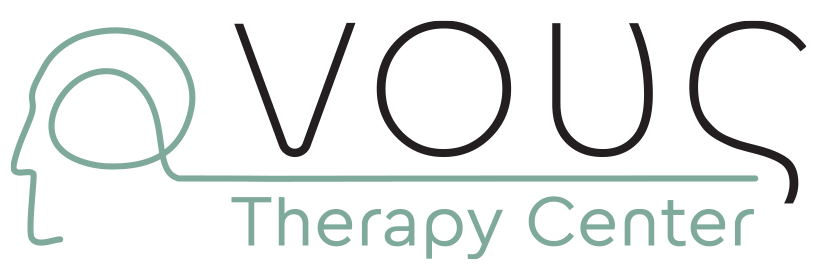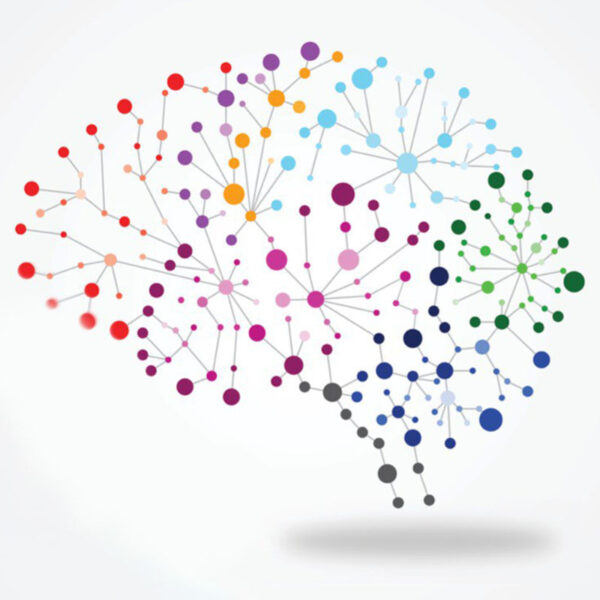
Neurodevelopmental disorders
ADHD
ADHD, also known as Attention Deficit Hyperactivity Disorder, is one of the most common neurodevelopmental childhood disorders, although diagnosis can be received in adulthood. Even though it is a quite frequent disorder, ADHD continues to be slightly understandable both by the medical community and by society, resulting in still being neglected or misdiagnosed.
ADHD’s definitive symptoms, that is inattentiveness (difficulty concentrating and focusing), hyperactivity and impulsiveness require specialized psychiatric and neuropsychological approach, as well as a completed model of treatment that combines different therapeutic approaches.
Common Questions
At Nous Therapy Center, a multidisciplinary team of professionals including psychiatrists, psychologists, neuropsychologists, and clinical dietitians work together to provide a holistic treatment approach for individuals with ADHD.
Autism
Autism, also known as Autistic Spectrum Disorder (ASD) is a complex and multifaceted developmental disorder that affects people in various ways. It is defined by difficulties in social interaction and communication, as well as limited interests and repeated behaviors. The spectrum is broad and includes different symptoms and severity levels and that’s why it is important to remember that every person in the autism spectrum faces its own special ideas, challenges and capabilities. Autism does not imply a low mental ability and it does not coincide with intellectual disability.
Autism diagnosis usually takes place during the first years of a child’s life, usually until the first 2 years of life. However, since not all types of autism are equally severe or demanding, it is quite common for people to receive their diagnosis during adulthood, presenting specific, usually underestimated, difficulties. For people who have For those who have recently discovered that they are on the autism spectrum, it is essential to understand that autism is not a defect or a disorder that needs to be corrected. It is a different way of experiencing and perceiving the world.
One of the most important messages we want to convey in NOUS Therapy Center is that you are not alone. Autism affects millions of people worldwide, and there is now an extensive network of knowledge and support for individuals with autism. Whether through local support groups, online communities, or professional therapists, connecting with others who share similar experiences or possess specialized knowledge can be invaluable.
Furthermore, psychotherapy can be an invaluable support system for individuals on the autism spectrum, providing services and interventions tailored to the unique needs of each person. Whether it’s some form of psychotherapy, social skills education, or mindfulness techniques, therapy can equip individuals with the tools to navigate social interactions, manage anxiety, and improve their overall mental and emotional well-being.
Remember, autism is not a barrier to success or fulfillment. Many individuals on the spectrum have excelled in various fields, contributing their remarkable talents to society. With the right and appropriate support, individuals can pursue their dreams, achieve their goals, and shape their lives in ways that suit and satisfy them.










